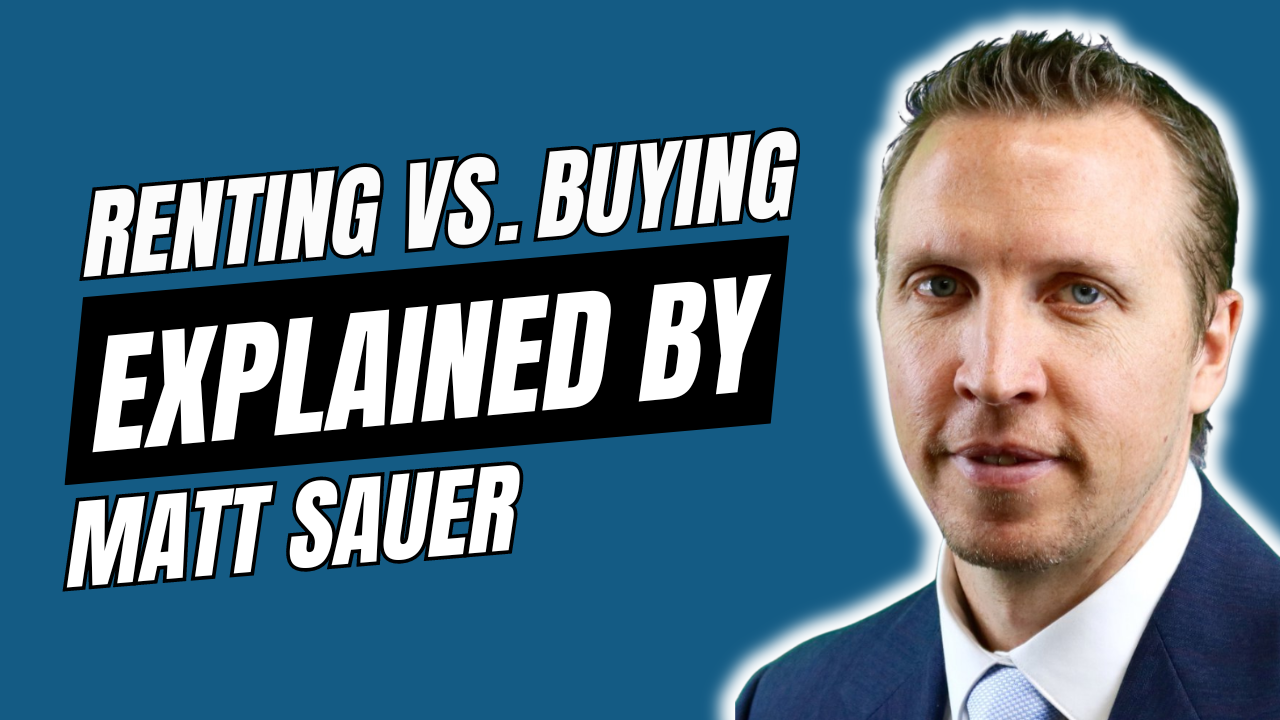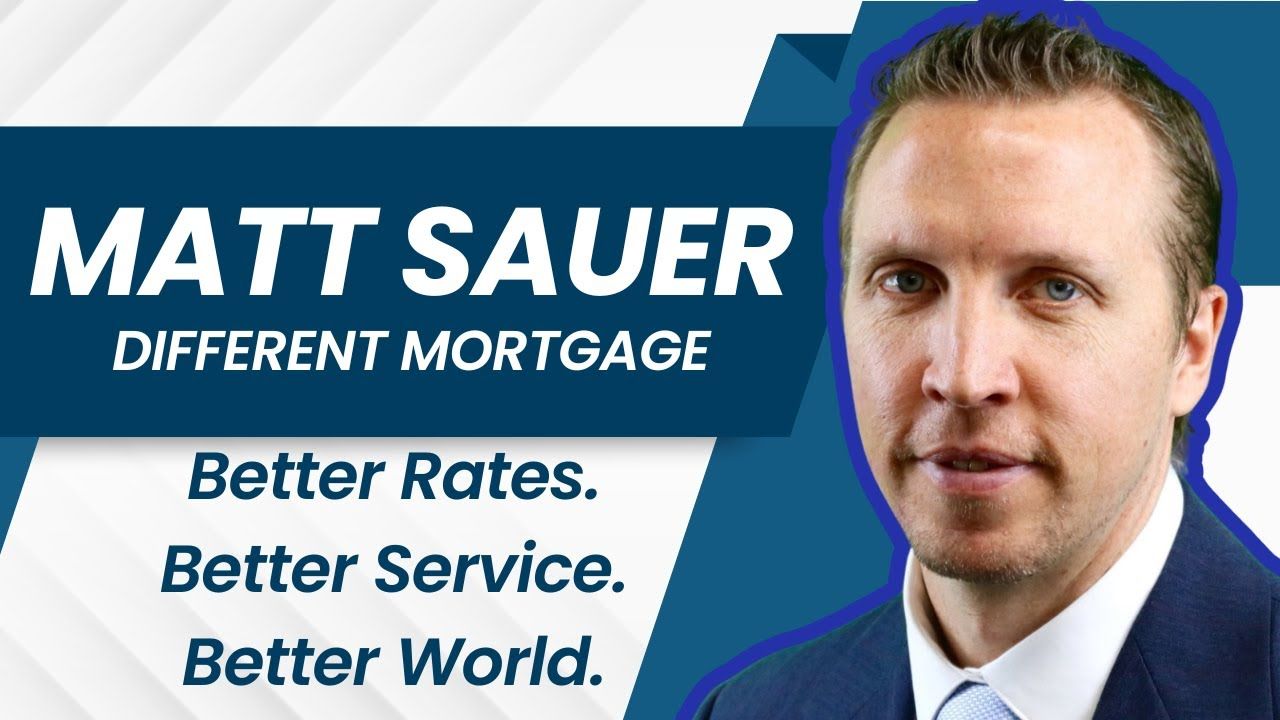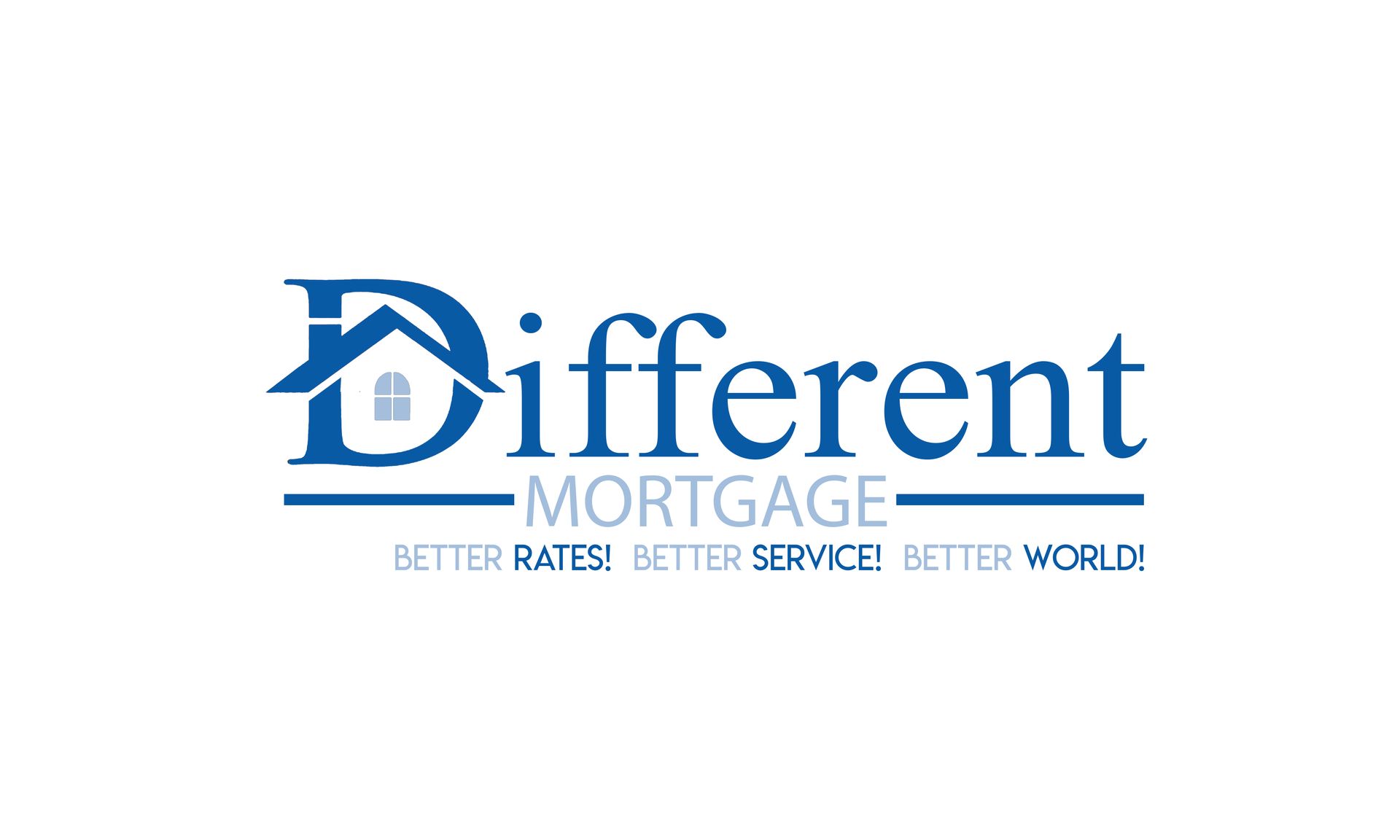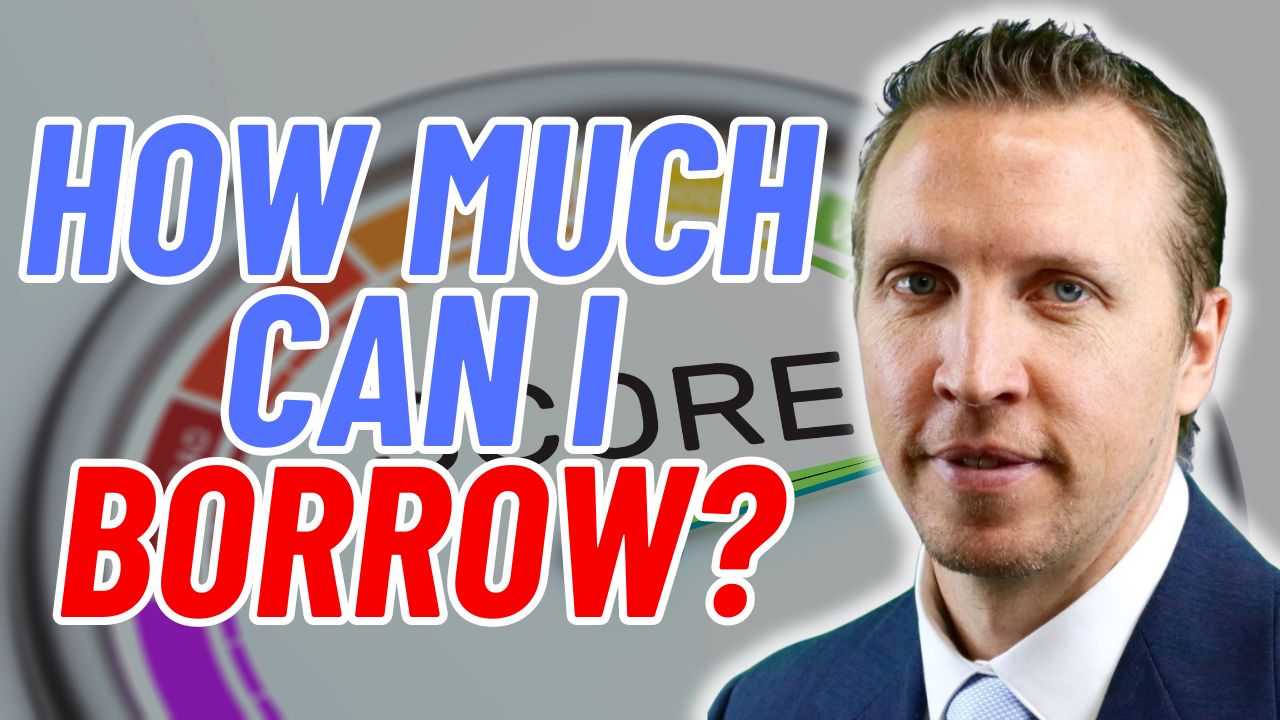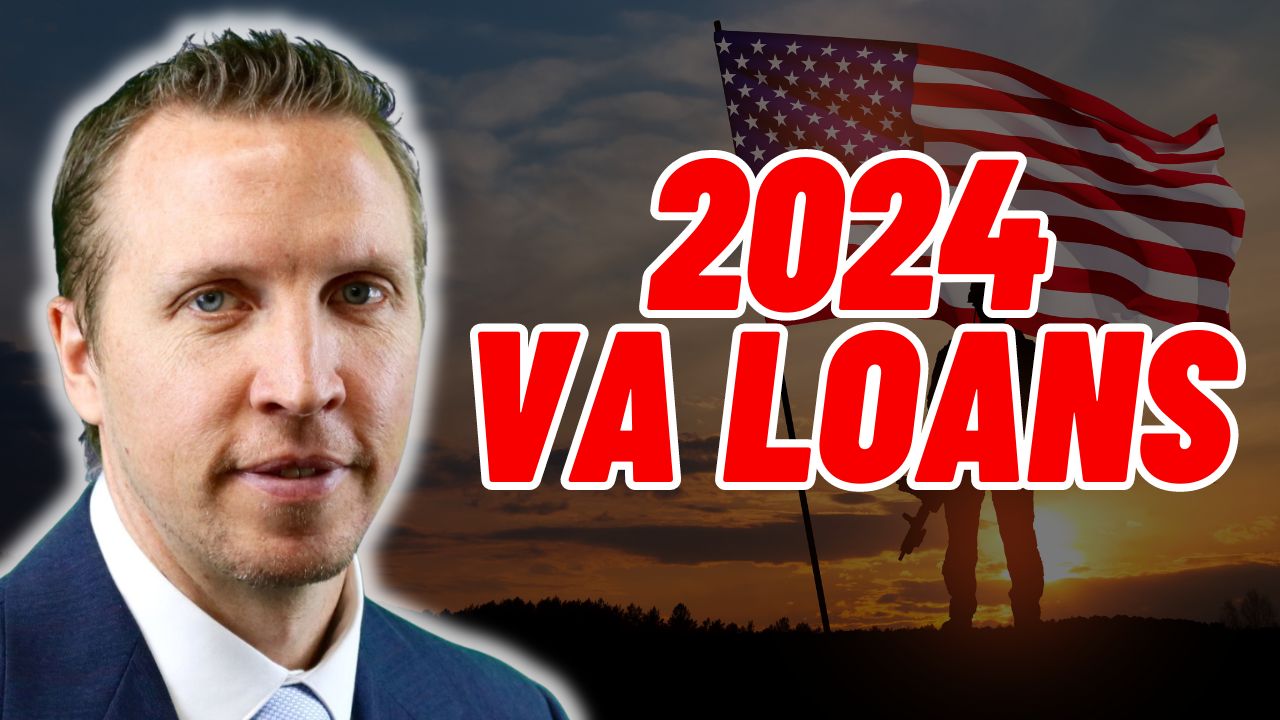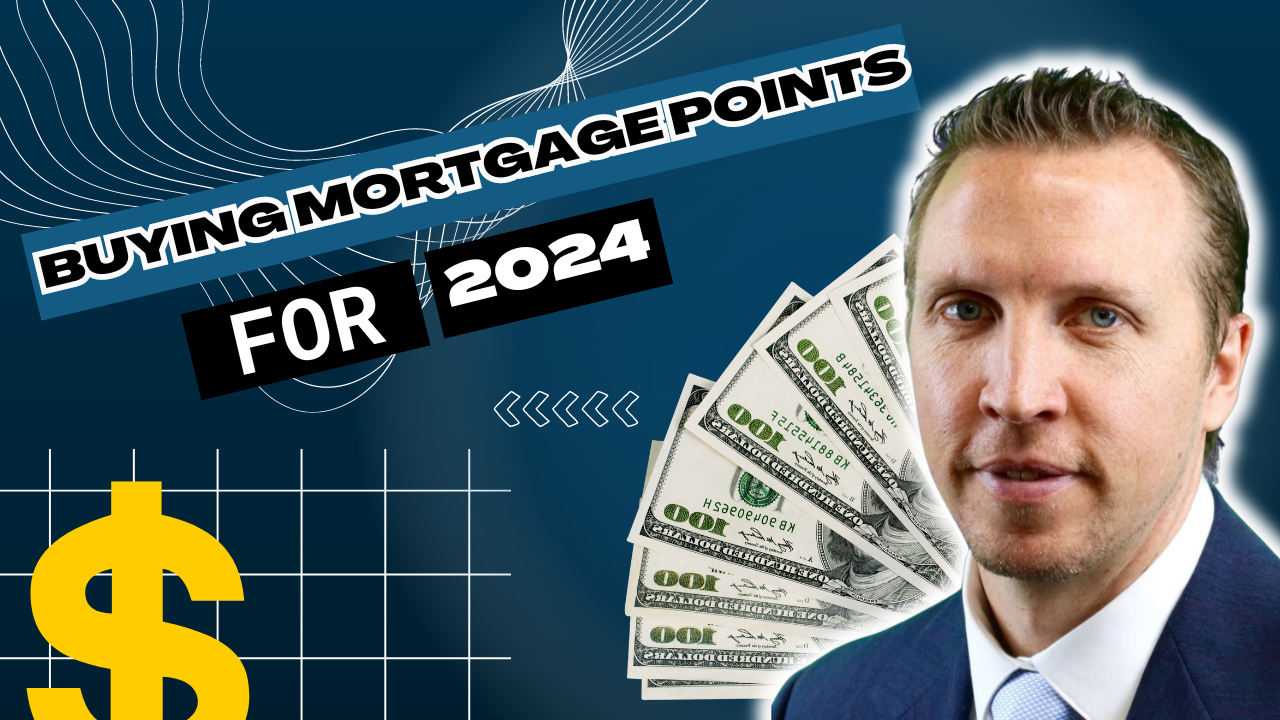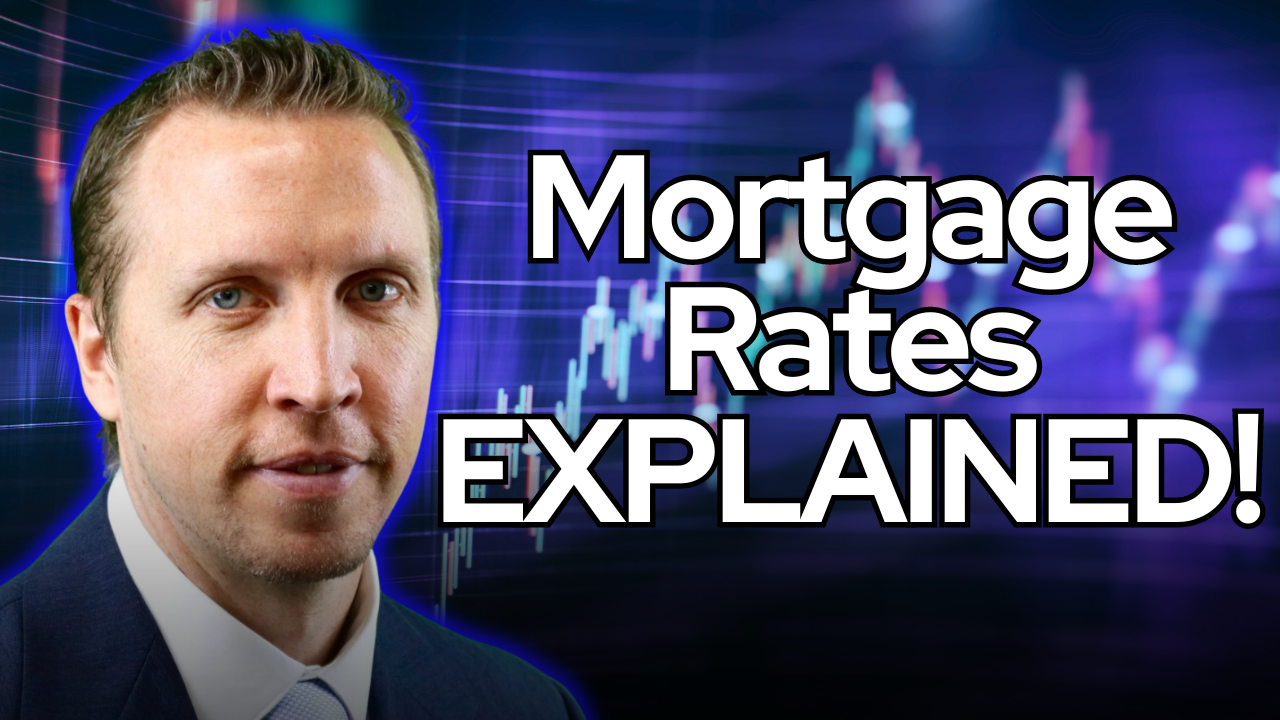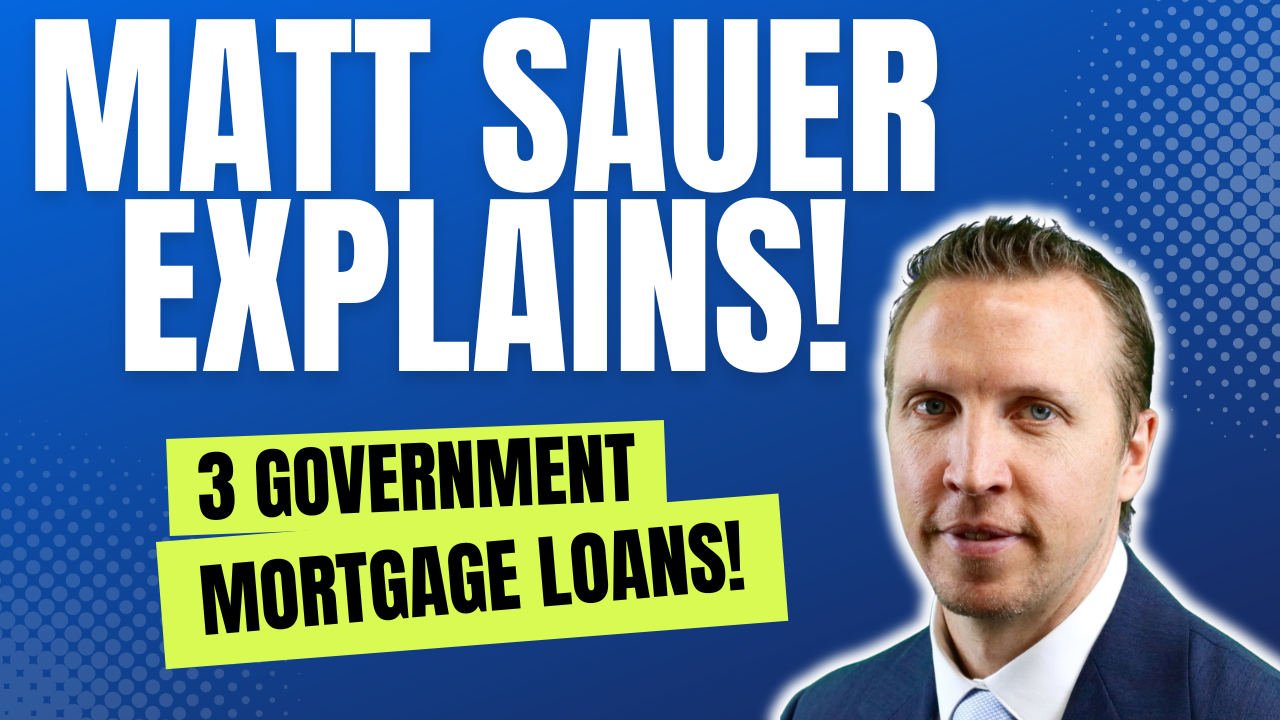Understanding Jumbo Loans and Alternative Financing Options
Welcome to our latest blog post where we dive into the intricacies of mortgage options available today. I'm Matt Sauer, your guide through the ever-evolving world of mortgages. Let's jump right in and discuss a key player in the mortgage market: jumbo loans.
Today, I want to talk to you real quick about jumbo loans and also some alternative financing. So first I want to talk about jumbo loans. What is a jumbo loan? There's typically conforming loans, conventional conforming loans, which Fannie Mae and Freddie Mac, which are the agencies that set the loan limits. Right now, as of this video, the national loan limit is about $766,500.
Jumbo Loans Explained:
Now, in addition to that, every county in the United States has an additional, what's called a high balance loan limit, which in San Diego right now is a $1,006,250 some counties in the country, it's not even any higher than $766,500. So that's going to be pretty much the same. But once you go above those high balance limits, and even if you don't, there's something called a jumbo loan or non conforming. These are loans that don't go with the Fannie Mae, Freddie Mac. They're individually underwritten by the banks that are securing them. Understanding these differences is crucial for anyone looking to buy in high-cost areas.
Considering Jumbo Loans:
But one of the things that's important to keep in mind with those is in some cases, those rates, at least right now, have actually priced out, sometimes better than these high balance loans. So it's like, huh, maybe something worth looking at. But the things you got to keep in mind is there's typically, you need a higher credit score. The debt ratio is typically lower. Fannie Mae and Freddie Mac tend to be around 50%, but these jumbos are probably around 43%. Down payment tends to be higher. So, you know, they usually want to see 20% down. It's not, you know, maybe there's some, they'll do 15%, but on conventional, you can get away with 3%, 3.5%, 5%. Jumbo, usually they want more. This makes jumbo loans a significant commitment but potentially rewarding for the right financial profiles.
Alternative Financing:
And so, you know, it's a good product for the right people that need it. Sometimes it's a requirement because you're buying in a high cost area. But it's really a matter of looking at it because people that are in the middle in that high balance limit area, sometimes a jumbo, if you can qualify prices out better. So again, you want to look at what's the conforming, what's the conventional options, what's the jumbo? And that ties into what are the interest rates, what are the qualifications, and then kind of see what makes sense. So that's kind of the jumbo side. Now let's pivot to a very interesting segment — alternative financing options, which have been reviving in recent years.
Revival of Alternative Financing:
Now, the other thing I want to talk about is alternative financing. Typically after the '08-'09 crash, that kind of all went out the window and it wasn't around anymore because it kind of got abused and misused. But now it's kind of coming back to where common sense underwriting is happening. For instance, one of them I want to talk about is a bank statement program. I'm doing a loan right now for a guy that's self employed, being a business owner and taking advantage of the tax benefits of doing that. He has a lot of write offs, but they have a lot of deposits. This resurgence of flexible programs is especially advantageous for those with non-traditional income streams.
Innovative Programs for Self-Employed Individuals:
So what some lenders are doing is they're saying, okay, we're going to look at the deposits in a business, we're going to cut it down by what we think the expenses are, and then we're going to let them use that as their income and we're going to be able to give them a loan. So in reality, there's an opportunity for especially self employed people. They write off a lot so they don't show as much on their tax returns. They can actually get financing through ways like this. And they have sometimes just a lot of different programs. For self-employed readers, this could be a game-changer in managing both your business and personal finances effectively.
Conclusion:
So, it's really unique. And then on the investment side, there's something called DSCR, which stands for debt service coverage ratio. So, if you're buying an investment property, you could literally have no income, but if your down payment with what the payment is on the new property is the same or lower than what the rent is that you could rent it out on, they'll actually give you a loan. And so literally you could have like no income on your tax returns and still get a loan that way. And they're also starting to use Airbnb income and going off of AirDNA to see like, hey, what does your AirDNA show? If they're gonna buy it as a short term rental, we'll use that. This is just a snapshot of the innovative mortgage products available today. Whether you are a property investor or a homeowner, there are more options now than ever to secure financing tailored to your unique situation.
